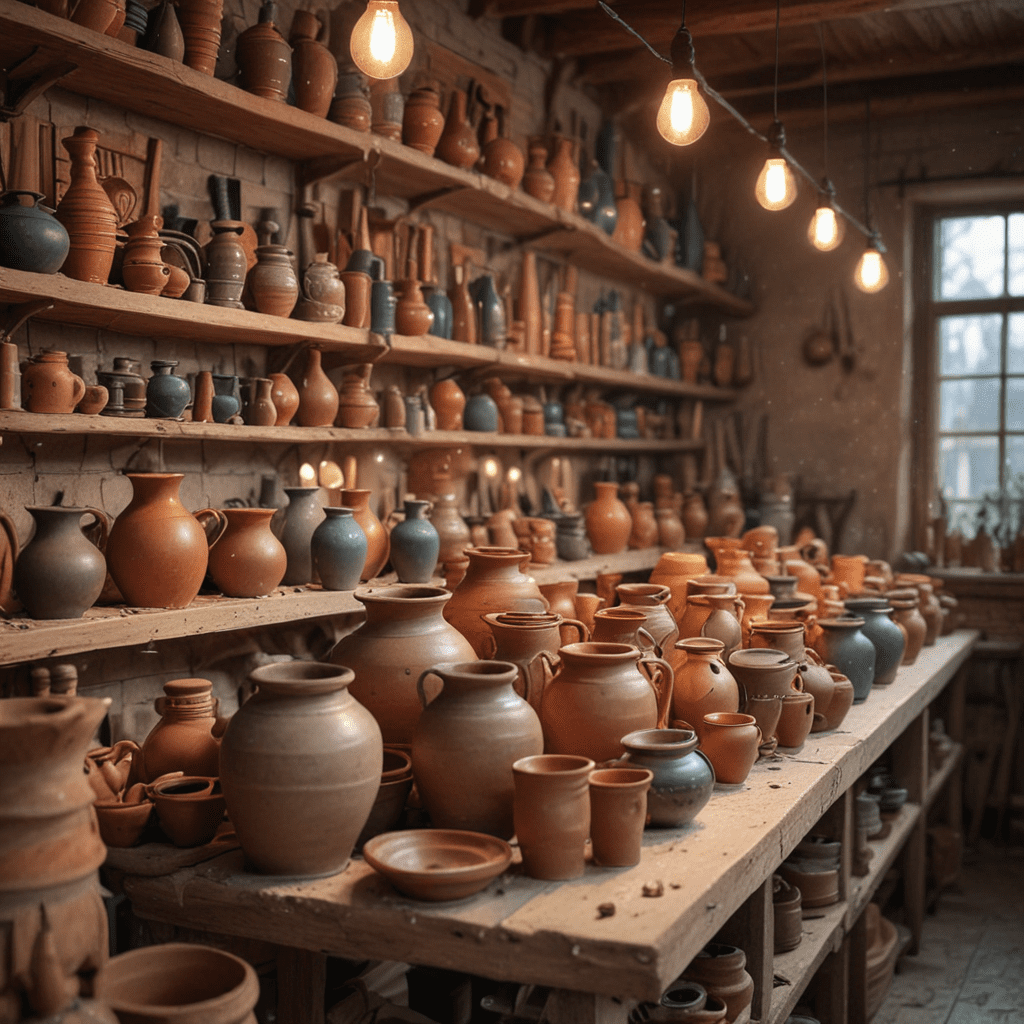
Introduction to Traditional Bahraini Medicine
In the bustling streets and vibrant souks of Bahrain, traditional medicine remains an integral part of the cultural fabric, offering a glimpse into the country's rich history and deep connection to its natural surroundings. For centuries, the people of Bahrain have relied on indigenous knowledge and herbal remedies to treat a wide range of ailments, fostering a symbiotic relationship with the local flora and fauna. Today, this ancient wisdom continues to complement modern healthcare practices, offering a unique and enduring contribution to the well-being of Bahrain's population.
Common Ailments Treated by Traditional Bahraini Remedies
Traditional Bahraini medicine encompasses a vast repertoire of practices and remedies aimed at addressing various health concerns. These include common ailments such as digestive issues, respiratory problems, skin conditions, and chronic pain. Skilled practitioners draw upon their understanding of the body's natural balance and utilize specific herbs or combinations of herbs to restore harmony and promote healing. By addressing the root cause of the ailment rather than merely suppressing symptoms, traditional Bahraini remedies often provide long-term relief and reduce the likelihood of recurrence.
Key Plants Used in Bahraini Herbal Remedies
The diverse landscape of Bahrain provides a treasure trove of medicinal plants that form the cornerstone of traditional remedies. Prominent among them is the neem tree, known for its anti-inflammatory, antibacterial, and antiviral properties. Frankincense, a fragrant resin derived from certain species of Boswellia trees, plays a vital role in treating digestive disorders, chronic pain, and skin conditions. Other commonly used plants include aloe vera, henna, saffron, turmeric, and chamomile, each offering unique therapeutic benefits. By harnessing the natural healing power of these plants, traditional Bahraini practitioners effectively address a wide range of health concerns.
Preparation Methods for Traditional Potions
Traditional Bahraini remedies are meticulously prepared using time-honored techniques that enhance their potency and efficacy. Depending on the nature of the ailment and the plant materials used, various preparation methods are employed. Some remedies involve boiling fresh or dried herbs in water to create a decoction, while others use cold infusion or maceration to extract beneficial compounds. Herbal powders are also commonly used and can be mixed with honey, ghee, or other liquids to create pastes or syrups. The preparation methods are carefully tailored to preserve the active ingredients and ensure maximum therapeutic benefit.
Administration and Dosages of Bahraini Herbal Remedies
The administration and dosage of traditional Bahraini remedies vary depending on the specific ailment being treated and the patient's individual needs. Herbal remedies may be taken orally as teas, decoctions, or syrups, or applied topically as ointments, pastes, or compresses. Practitioners carefully assess each patient's condition and provide personalized guidance on the appropriate remedy, dosage, and duration of treatment. The dosage and frequency of administration are designed to optimize the therapeutic effects while minimizing any potential side effects.
Efficacy of Traditional Bahraini Remedies
The efficacy of traditional Bahraini remedies has been passed down through generations, with countless individuals attesting to their therapeutic benefits. Many Bahraini herbal remedies have been scientifically validated, demonstrating their effectiveness in treating various ailments. For instance, neem extract has been shown to possess antimicrobial, anti-inflammatory, and antioxidant properties, supporting its use in treating skin conditions, digestive issues, and infections. Frankincense, known for its anti-inflammatory and pain-relieving effects, has been successfully used in managing chronic pain conditions such as arthritis and back pain. These remedies offer a safe and natural alternative or complement to conventional treatments, especially in cases where pharmaceutical drugs may have undesirable side effects.
Cultural Significance of Bahraini Traditional Medicine
Traditional Bahraini medicine holds immense cultural significance, representing a vital part of the country's heritage and identity. It reflects the deep connection between the Bahraini people and their environment, showcasing their wisdom and resourcefulness in utilizing local plants for healing purposes. Traditional remedies are often passed down from generation to generation within families, fostering a sense of continuity and cultural preservation. Furthermore, Bahraini traditional medicine is intricately linked to the country's history, folklore, and spiritual beliefs, contributing to the unique cultural tapestry of Bahrain.
Integration of Traditional Remedies into Modern Healthcare
In modern Bahrain, traditional medicine continues to play a significant role alongside conventional healthcare practices. Many Bahraini practitioners collaborate with healthcare professionals, integrating traditional remedies into holistic treatment plans. This integrative approach leverages the strengths of both traditional and modern medicine, offering patients a comprehensive and personalized approach to healthcare. By combining the wisdom of traditional remedies with the advancements of modern diagnostics and treatments, Bahrain's healthcare system provides a unique and effective approach to promoting the well-being of its population.
Preservation and Sustainability of Bahraini Traditional Knowledge
Recognizing the importance of preserving and sustaining traditional Bahraini medical knowledge, various initiatives are underway. These include documenting and recording traditional practices, establishing training programs for aspiring practitioners, and supporting research on the efficacy and safety of herbal remedies. By fostering intergenerational transmission of knowledge and safeguarding the medicinal plants used in traditional remedies, Bahrain ensures the continuity and accessibility of this valuable healthcare tradition for future generations.
Conclusion and Future Perspectives
Traditional Bahraini medicine remains an integral part of the country's healthcare system, offering a unique and effective approach to treating common ailments. Rooted in ancient wisdom and grounded in the healing power of local plants, these remedies continue to provide relief and promote well-being to Bahrain's population. As the world embraces integrative healthcare approaches, traditional Bahraini medicine stands as a valuable asset, contributing its time-honored wisdom to the advancement of holistic healthcare practices. Through ongoing preservation and research, the future of traditional Bahraini medicine looks promising, ensuring its continued relevance and contribution to the well-being of generations to come.
FAQ
Q: Are traditional Bahraini remedies safe?
A: Traditional Bahraini remedies have been used for generations and are generally considered safe when used as directed by a qualified practitioner. However, it's always advisable to consult with a healthcare professional before using any herbal remedies, especially if you have any underlying health conditions or are taking medications.
Q: Where can I find traditional Bahraini remedies?
A: Traditional Bahraini remedies can be found in local herbal shops or traditional medicine practitioners. It's important to purchase remedies from reputable sources to ensure their authenticity and quality.
Q: Can I use traditional Bahraini remedies to treat all my health problems?
A: While traditional Bahraini remedies can be effective in treating many common ailments, they are not a substitute for professional medical care. It's important to consult with a healthcare professional for proper diagnosis and treatment of any medical conditions.

